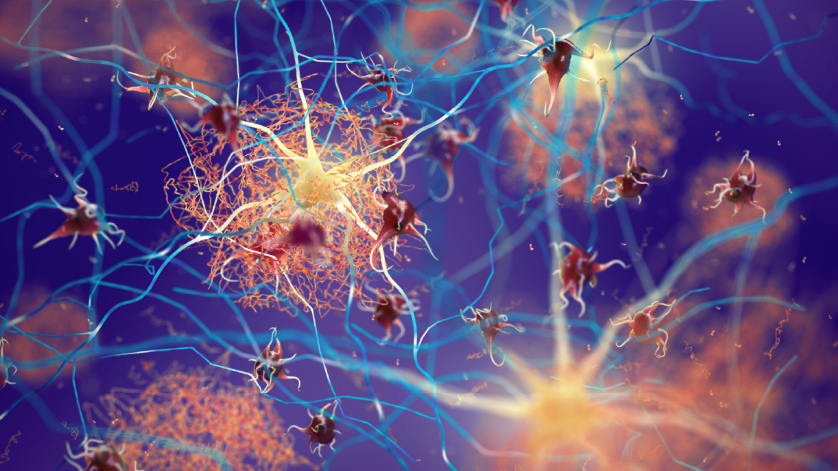
February 13, 2026





February 11, 2026
Baptist Health South Florida
Stay up to date with the latest clinical headlines and other information tailored to your specialty.
Thank you for signing up for the Daily News alerts. You will begin receiving them shortly.



